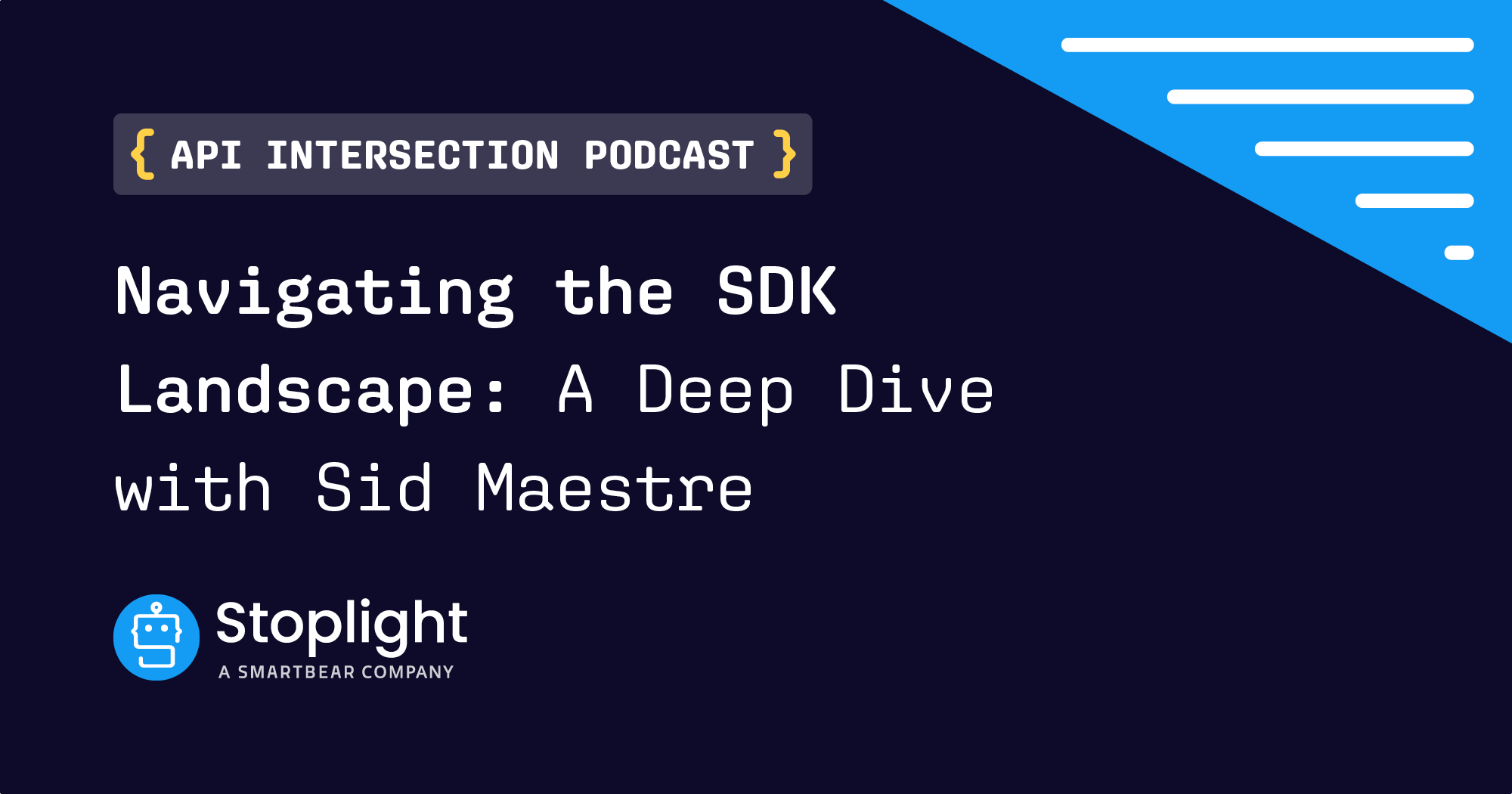In episode 70 of the API Intersection podcast, I had an enlightening conversation with Bryan Thomas and Puneet Kumar from Humana. Both guests brought a wealth of knowledge and insights from their experience in driving the API and integration strategies within one of the largest healthcare providers in the United States. This discussion not only shed light on the intricacies of managing APIs in a healthcare giant like Humana, but also offered valuable lessons on the broader implications for the API landscape in regulated industries.
The Essence of APIs at Humana
Humana, known for its significant footprint in Medicare and Medicaid services, operates within a complex ecosystem demanding seamless integration and communication across various entities. Bryan, serving as the Director of Product for Enterprise API and Integration Teams, and Puneet, the Director responsible for architecture standards and governance, navigate this complexity by focusing on building resilient, scalable, and standards-based APIs.
Their work emphasizes the importance of APIs not merely as technical constructs but as pivotal elements that enhance operational efficiency, facilitate better health outcomes, and drive innovation. The duo’s efforts underscore an organization-wide shift towards creating consumption-oriented, reusable APIs that can be leveraged across Humana to streamline processes and improve service delivery.
The Journey Towards Standardization and Governance
One of the critical challenges highlighted in our discussion was the journey toward API standardization and governance within Humana. The healthcare sector’s unique requirements, coupled with the sheer scale of Humana’s operations, necessitate a robust framework for API design, development, and management.
Puneet shared insights into the governance model adopted by Humana, emphasizing the need for automation and real-time feedback mechanisms to accelerate the API journey while ensuring compliance with standards. This approach not only aids in maintaining consistency across Humana’s API portfolio but also empowers developers by providing them with the tools and guidance needed to create high-quality, impactful APIs.
Navigating the Complexities of Healthcare APIs
Bryan and Puneet also delved into the complexities inherent in healthcare APIs, particularly around data sensitivity and regulatory compliance. They discussed the balancing act between fostering innovation through APIs and ensuring the security and privacy of patient data. The conversation highlighted the adoption of industry standards like FHIR (Fast Healthcare Interoperability Resources). This facilitates easier data exchange and interoperability within the healthcare ecosystem while addressing these challenges.
A Culture Shift Towards Consumer-Oriented Design
A recurring theme in our discussion was the cultural shift towards a more consumer-oriented approach to API design and development. This paradigm shift requires a deep understanding of the end-users’ needs and designing APIs that provide meaningful, actionable data in the most efficient manner possible. Bryan and Puneet emphasized the significance of this outside-in approach, where the focus is on solving real-world problems for consumers and providers, thereby driving greater adoption, and delivering tangible value.
The Road Ahead
As our conversation with Bryan and Puneet concluded, it was clear Humana’s journey with APIs is a microcosm of the larger transformation happening across the healthcare industry. By placing APIs at the center of their digital transformation strategy, Humana is not only enhancing its operational efficiencies but also paving the way for a more integrated, patient-centric healthcare ecosystem.
This episode serves as a testament to the power of APIs in driving change within one of the most complex and regulated industries. The insights shared by our guests underscore the importance of embracing standards, fostering a culture of innovation, and always keeping the consumer’s needs at the forefront of technological advancements.
The journey of Humana’s API program is a beacon for other organizations navigating the intricate landscape of healthcare technology. It highlights the potential of APIs to break down silos, improve interoperability, and ultimately, contribute to better health outcomes for all.

